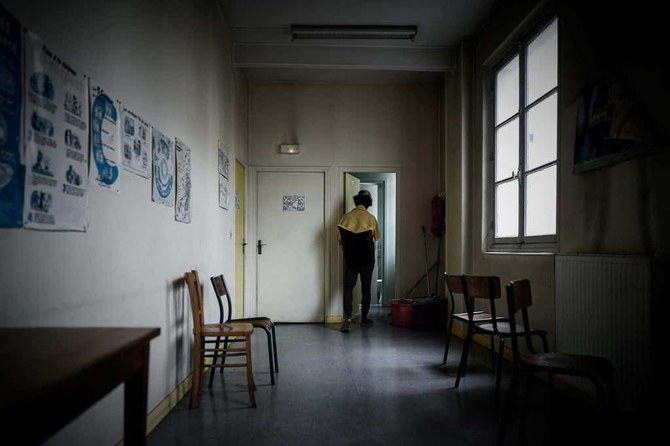LONDON: The British government has rejected asylum claims from individuals from some of the world’s most dangerous countries, telling them they can return home safely, The Guardian reported on Thursday.
Two men from Yemen and Syria both had their asylum claims rejected by the Home Office on the basis that they would not be at risk in their home countries.
The news follows an earlier rejection of an asylum claim by a Syrian asylum seeker who was told his country was safe for him to return to.
The Home Office’s own guidance, as well as that of the UN, warns of the dangers of refugees returning to Syria and Yemen, among other countries.
The Yemeni man, an accountant, is married with two children and suffers from physical and mental health problems.
In his asylum refusal letter, the Home Office said he could return to his country because officials “do not accept that there are problems in Yemen.”
The poorest country in the Middle East, Yemen has been embroiled in a bitter civil war since 2014, when the Iran-backed Houthi militia violently overthrew the internationally recognized government.
The war has taken a huge toll on public infrastructure, including its already fragile health facilities.
The man’s refusal letter by the British government states that there is “a substantial public health programme in Yemen.”
He told The Guardian: “I was so depressed and disappointed with the decision. All aspects of Yemen are a disaster.” His lawyers are appealing the decision.
The Syrian fled forced conscription by the Assad regime in 2017, saying he would have been forced to kill his own people.
He added that if he is forced to return to Syria, he will be targeted as a draft evader, arrested, detained and killed.
The Home Office accepted that he had fled forced conscription, but his asylum refusal letter said: “It is not accepted that you will face a risk of persecution or real risk of serious harm on return to the Syrian Arab Republic due to your imputed political opinion as a draft evader.”
A day later, the man’s lawyers, Wilsons Solicitors, received a letter stating the Home Office’s intention to grant him asylum.
Wilsons said the fact that they had to challenge the Home Office’s decision in order to overturn it was a waste of resources.
“The hard and harsh fact is the Home Office did refuse the claim and that decision did cause distress to the client,” said Anita Vashisht, head of immigration at Wilsons.
“The refusal decision forced us to lodge an appeal on the client’s behalf which meant the tribunal had to wastefully direct its resources to handling this appeal matter,” she added.
“This is yet another shocking example of terrible and unlawful decision-making on the part of the Home Office.”
The UN High Commissioner for Refugees told The Guardian that it cannot comment on individual cases, but that it calls on states to suspend forcible returns of asylum seekers “to countries that remain volatile, lack sufficient security or are unable to offer adequate human rights protection.”
A UNHCR spokesperson said: “In both Yemen and Syria, the dire humanitarian context is compounded by conflict and insecurity.”
























